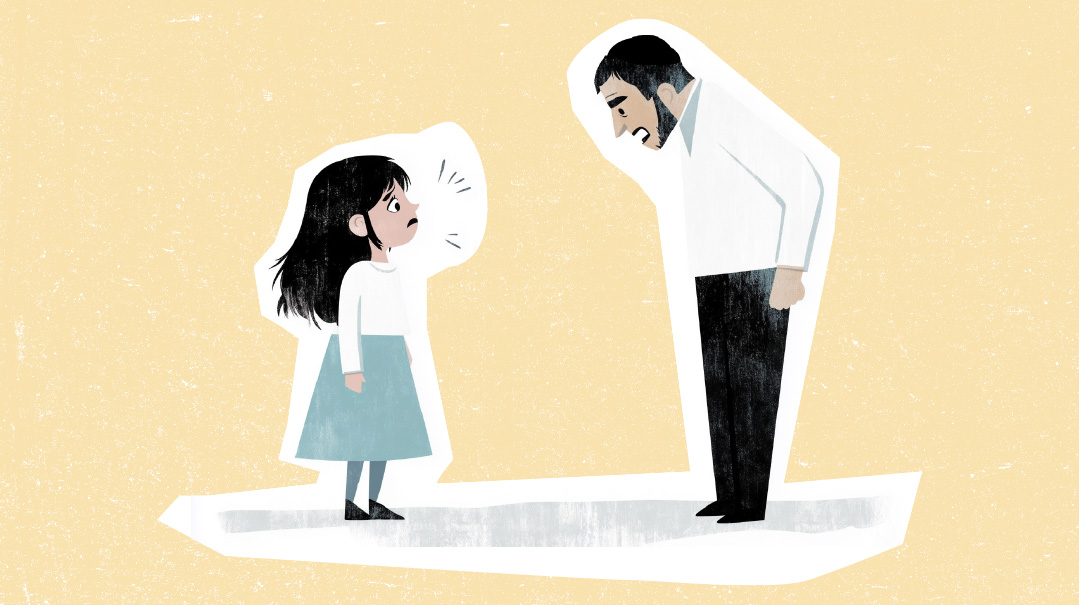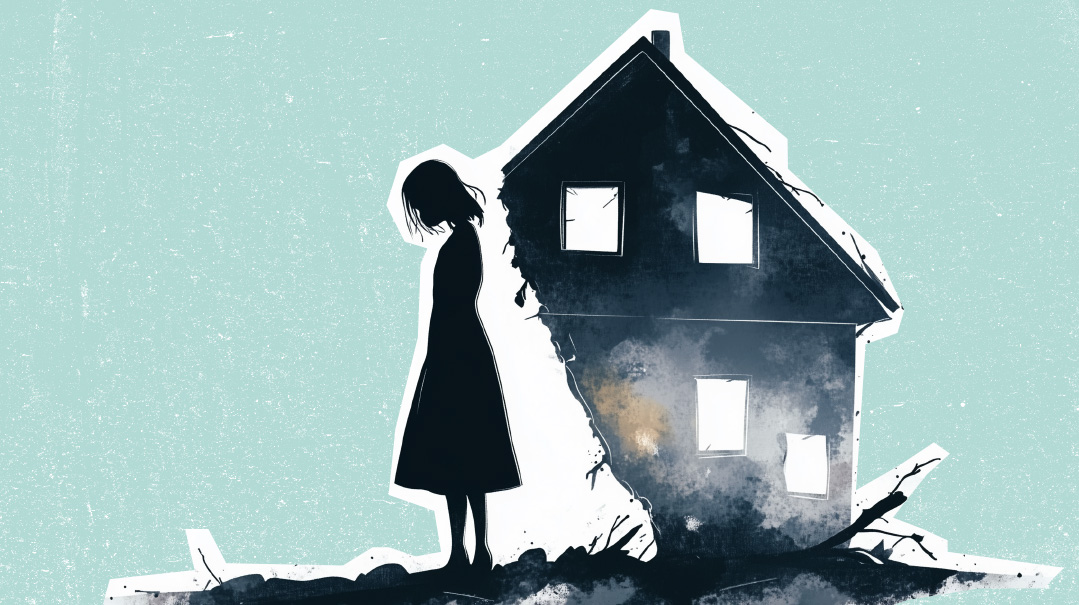“What Role Do Flashbacks Have in the Healing Process?”

It’s in your power to change the flavor of trauma anniversaries

My family went through a serious trauma last year. As we’re approaching the same time of year again, many of us are having flashbacks. That’s beside the triggering effect of certain songs, which brings us back to those hard days. What role do flashbacks have in the healing process, if any, and what’s the best way to deal with them?
Our brains and bodies are meant to handle different levels of stress. With just a small amount of sympathetic nervous system involvement, we’ll be awake and energized enough to handle “daily stress” — to dash from task to task, using all of our cognitive capacities to problem-solve, recall, organize, and otherwise fulfill our responsibilities.
However, when we’re faced with intense levels of stress — the type we encounter during traumatic events — our brains and bodies are subject to different processes altogether. The brain mobilizes all of its attention to dealing with the emergency situation. Certain routine brain activities, including creating and storing memories, get interrupted. This is why people sometimes don’t remember traumatic events in a coherent way, but instead have fragments (sounds, pictures, emotions, body sensations) of memories.
Some of these memory fragments will only be recalled (triggered) when prompted by reminders of the original trauma. Sights, sounds, tastes, and experiences reminiscent of the events can all lead to flashbacks — an intense re-experiencing, rather than “remembering,” that is often painful and overwhelming.
For many people, the anniversary of traumatic events is very triggering, as it brings the same weather conditions, visual calendar dates, and other stimuli that can awaken the traumatic memories.
Allowing the memories to play and replay throughout the years doesn’t heal. If anything, it activates, recirculates, and strengthens the trauma circuits in the brain. It’s important to rewire the brain such that the sufferer is brought firmly into the safety of her current environment. The trauma is over. She survived it and is here now, hopefully in a safe and loving environment filled with people and activities that support her on her continued life journey.
Hashem has healed some of her wounds and will continue to heal her throughout her life. The trauma has informed her current existence and is an important part of her personal mission to the extent that it helps her realize her potential and complete her unique mission.
Rewiring the Circuit
Moving beyond flashbacks and trauma, however, will not happen by itself. Steps need to be taken. For example, the person experiencing a flashback needs to initiate the rewiring process by immediately bringing her awareness to her present circumstances. Here are just some of the many ways to do this:
Verbally affirm, “I’m here, in this physical location where I see (name five objects) around me.” (i.e., “I’m here in my kitchen where I see the table, the chairs, the clock on the wall, the calendar with today’s date, and the refrigerator.”)
Smell or taste something very strong to jolt your brain into present-time sensation. For example, breathe in some peppermint essential oil; slice, sniff, and taste a fresh lemon; drink a cup of hot cinnamon/ginger tea or even strong coffee.
Listen to some loud music with a strong beat. It will jolt you away from the flashback and back into the “now.”
Grab an ice-pack or ice cubes and place in your hand. The cold sensation will force you into the present moment. Hold it until you’ve pivoted away from the flashback.
Once a person has interrupted the flashback and brought herself into the present moment, she’s actually interrupted its circuit. This creates the ideal opportunity for rewiring the circuit.
Moving Forward
Many people accidentally strengthen trauma circuits in their attempts to honor a traumatic memory. By consciously thinking about the traumatic events (“Wow, at this time last year we were...”), we invite the memory fragments to make their way into our consciousness via the flashback process.
It’s important, therefore, to consciously transform the anniversary itself into a new, more positive transition. The trauma was, by definition, overwhelmingly painful. But it was orchestrated by Hashem for the benefit of all involved. No one wanted it to happen, but now that it HAS occurred, we can send prayers of continued healing to all involved, focus attention on all the things to have gratitude for that we can find in the events, and elevate ourselves by committing to further spiritual growth for the coming year.
It’s in your power to change the flavor of trauma anniversaries.
Have a question for Mrs. Radcliffe? Send your queries about parenting or personal growth to familyfirst@mishpacha.com
(Originally featured in Family First, Issue 792)
Oops! We could not locate your form.





